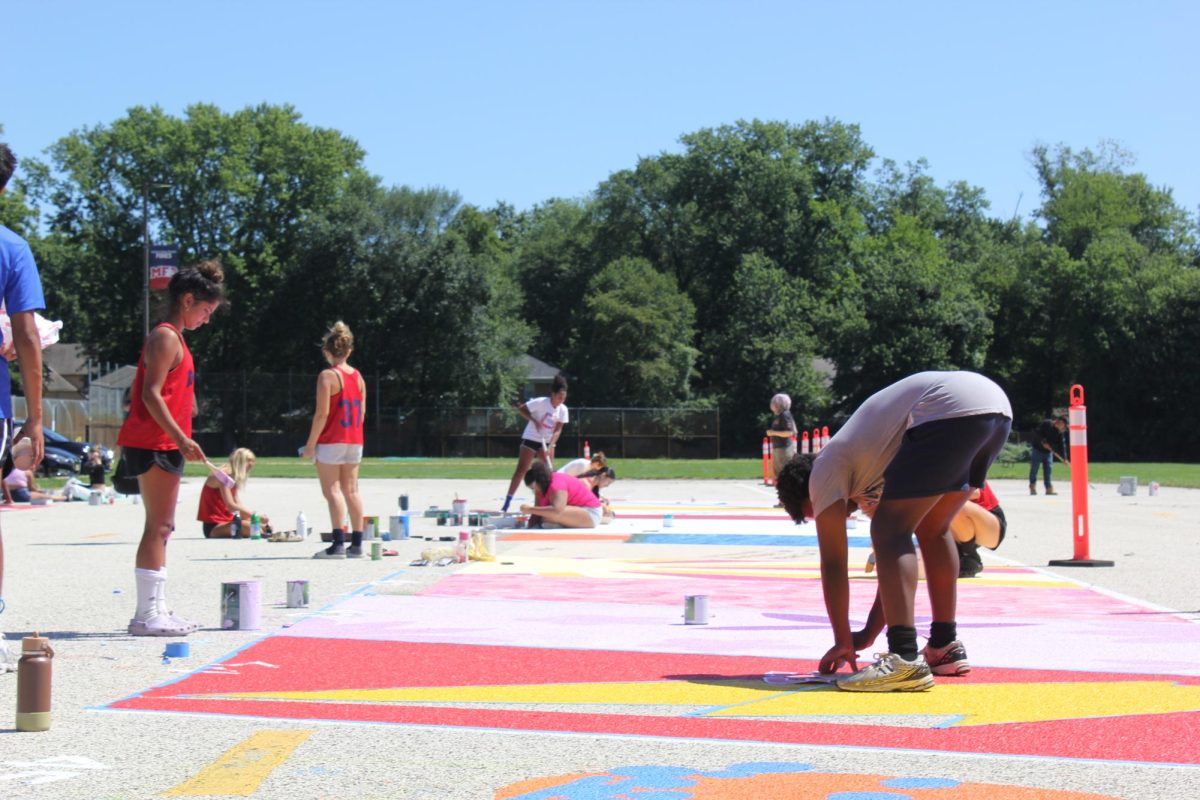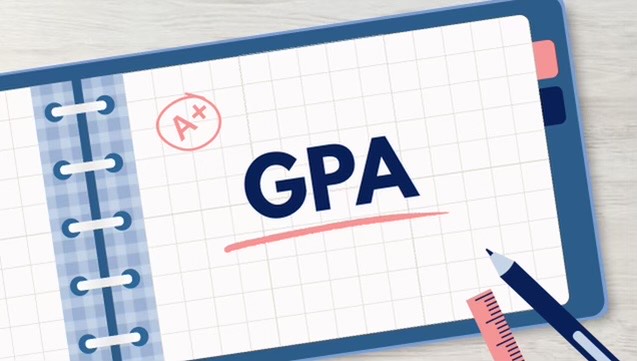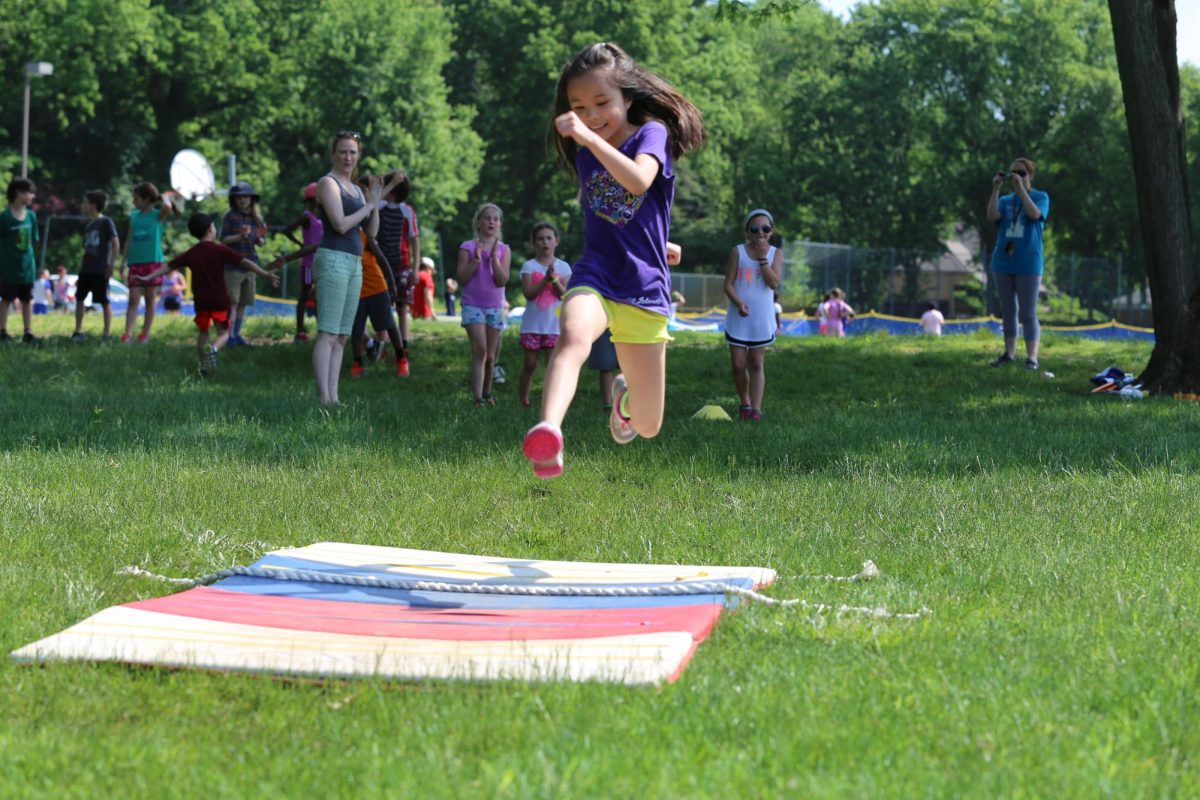(Written from the perspective of a former Agenda Co-Clerk and current MFWFB Clerk)
Campus cleanliness issues stemming from increased food waste around the MFS community have come to the attention of student government and school administration since late 2023. Throughout the last semester, Agenda Committee extensively discussed solutions to decrease trash and reusable plates left in hallways. These consisted of instituting additional lunch bins, returning to disposable plate and utensil options, and even barring plastic plates from areas outside of the dining hall. Recently, the mandate to vacate the DHC immediately after purchasing food during break represents the most recent manifestation of the role of this discussed personal responsibility in the community. These discussions in Agenda lent way for a larger examination of the concept of a student’s “personal responsibility” as a member of the MFS community and promoted consideration of how this personal responsibility intersects with the respective responsibilities of school administration.
As a co-clerk of Agenda Committee, it has been fascinating to see the different viewpoints expressed by students about the concept of personal responsibility. Throughout the past few Agenda Committee meetings, students have proposed different courses of action to take in regard to campus cleanliness. When these discussions first began, participants in the discussion saw the issue of campus cleanliness as somewhat of a singular dilemma that needed to be solved with a straightforward solution. As the conversation continued over the course of multiple weeks, I noticed that a different understanding of the campus cleanliness topic began to emerge; instead of viewing the need to restore the MFS campus to a cleaner state as an isolated objective, it could be observed that students viewed it instead as an extension of a wider initiative to consider the role of student responsibility within the Upper School.

Personal responsibility is a construct that is difficult to define as it will inevitably carry definitions that are specific to each individual. That does not mean, however, that there cannot be components of this responsibility that are shared by many members of the student body in order to promote an overall more dedicated community. For instance, promoting stewardship as one of these components of personal responsibility would improve the efforts of students in areas such as campus cleanliness. To solve issues like this, an understanding of student responsibility that transcends simply completing academic work or engaging in the completion of personal goals must be embraced by the school community. When “personal responsibility” is considered to be an essential element of wider “community responsibility,” than campus cleanliness, Hartman sign-out sheets, and other initiatives that rely on trust between students and administration can be more effectively facilitated.
It has always been understood that there has been a wider community responsibility to maintain a clean environment at MFS; an individual commitment to upholding this element of community responsibility should be held by the members of the student body. On a less abstract note, a commitment to upholding this community responsibility from students will only benefit the student body as a whole, as a cleaner environment and more trustworthy relationship with faculty will ensue.
Student responsibility plays a critical role in the change-making process at MFS. Because enacting change requires approval from both students and administration, an effective relationship between these two groups within the community should be viewed as highly important. This effective relationship can be derived from the student body demonstrating and embracing a sense of responsibility that promotes the efforts and goals of the community at large. The cultivation of effective collaboration between the student body and school administration is not only important for the making and subsequent enacting of change but also positively influences the interconnectedness and engagement of the community on events and decisions in the future.
Consider the passage of clubs, one of the most vital processes that occurs within the school community. This process involves input from students, faculty, and administration through receiving approval in both the Agenda Committee and the Meeting for Worship for Business (MFWFB). If students commit to connecting with their respective club advisors and creating comprehensive club proposal presentations, they are taking personal responsibility that betters the community collectively. When students put in adequate amounts of preparation for the club proposal process, helpful discourse discerning the nature of the proposed clubs can be fostered in both the Agenda Committee and MFWFB.
The level of personal responsibility exhibited by adequately preparing a club presentation is analogous to students applying a level of effort to effectively clean up the campus, which would also foster an effective connection between the student body and administration.
Recognizing that this initiative on behalf of students is actually analogous to a wide array of agenda items within the school community is essential to promoting the importance of student responsibility in the change-making process. A greater number of responses on a Google form that was sent out detailing beneficial times for having a stationed Hartman sign-out sheet, for instance, would be able to indicate to school administration when it is most important to implement this particular Agenda item.
As a school community, we have made strides this year towards the implementation of a variety of Agenda items that will go on to benefit students years into the future; most notably, we have worked towards establishing a campus cleanup initiative, facilitating additional support for the ninth-grade class during Spirit Week, re-organizing the traffic situation at MFS to alleviate issues surrounding double parking, creating a clean environment in and effectively utilizing the space within the stickroom, as well as defining standards for work issued by AP courses over school breaks. Within the student body, there is work that needs to be done in regard to understanding and exercising a sense of commitment to the wider community. It is imperative to recognize that an increased devotion to student responsibility within the MFS community would only increase the momentum at which we are able to accomplish lasting, meaningful, and collaborative change both inside and outside of student government.













